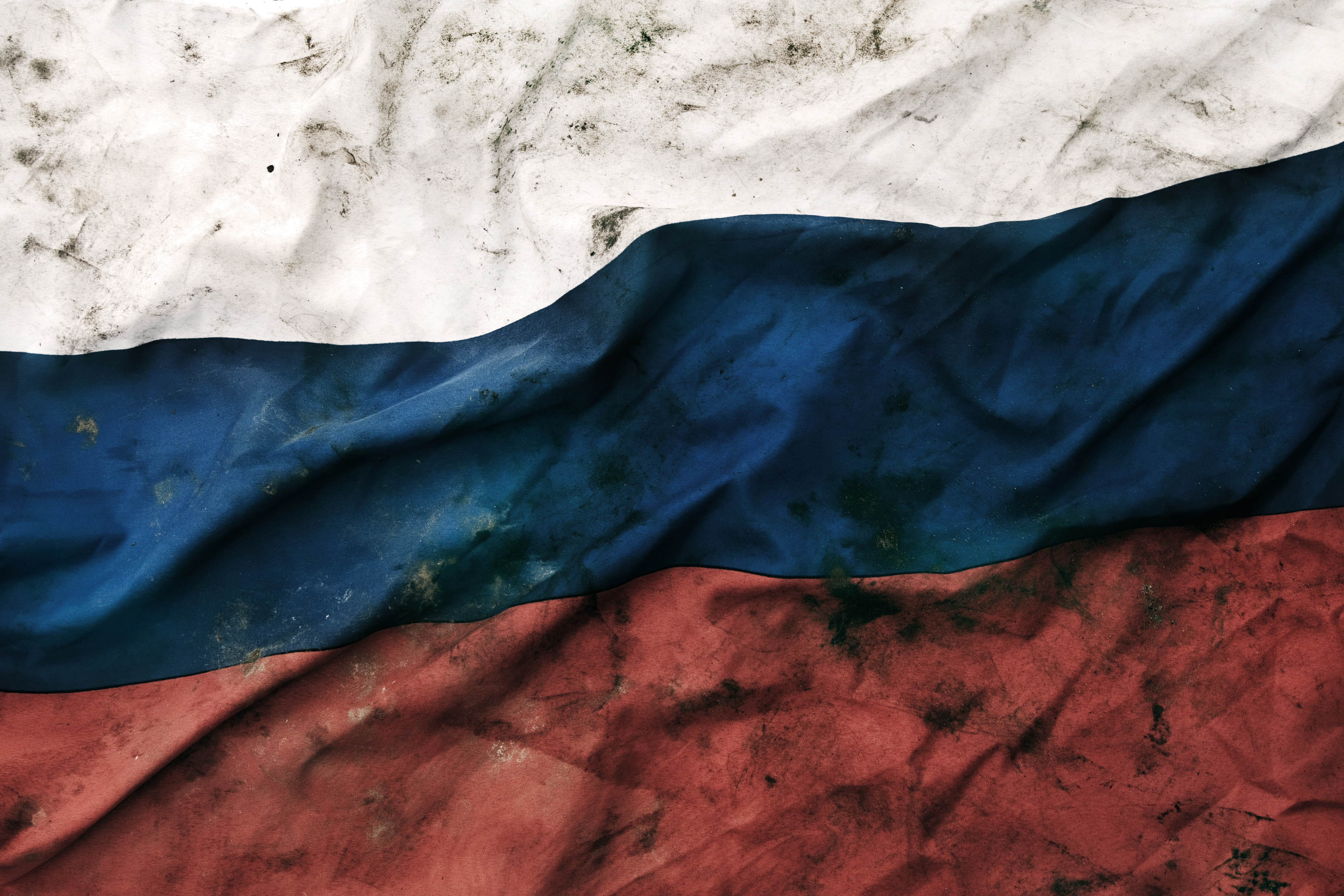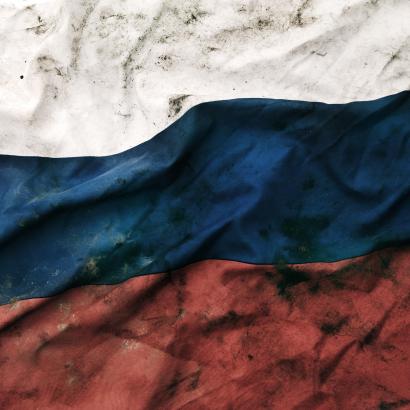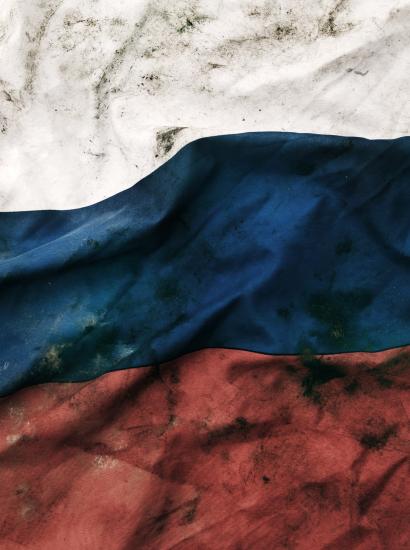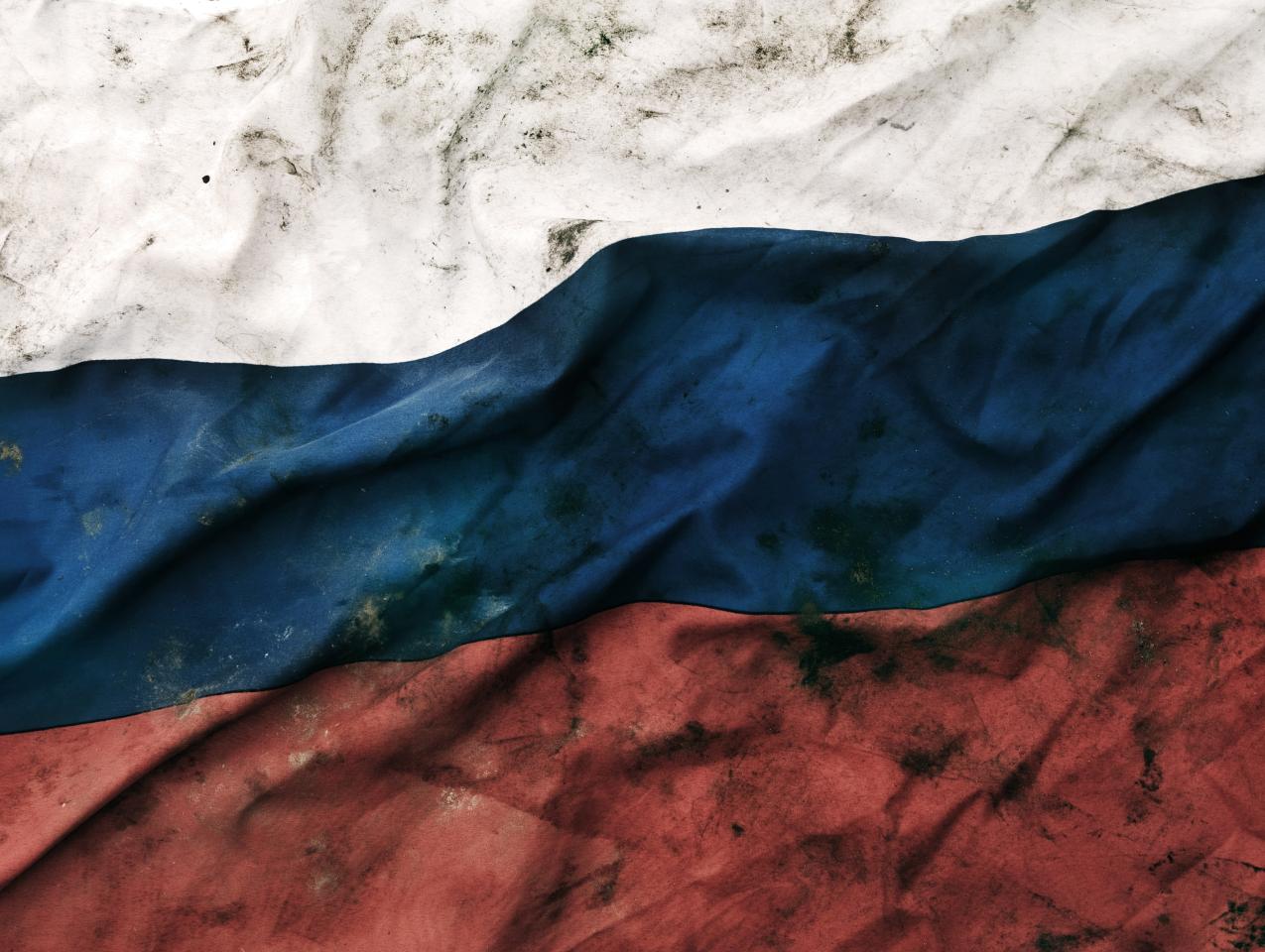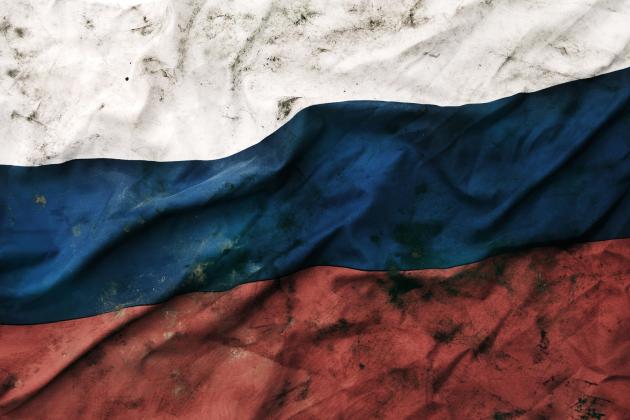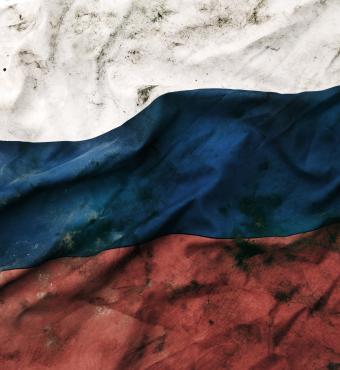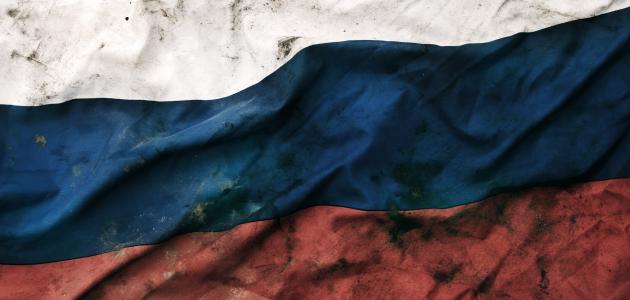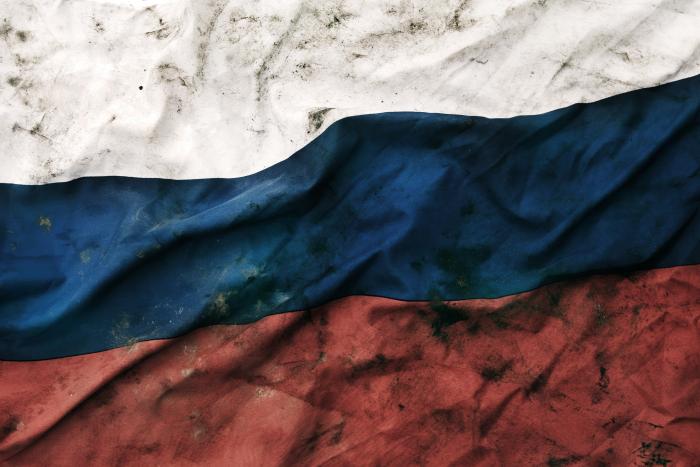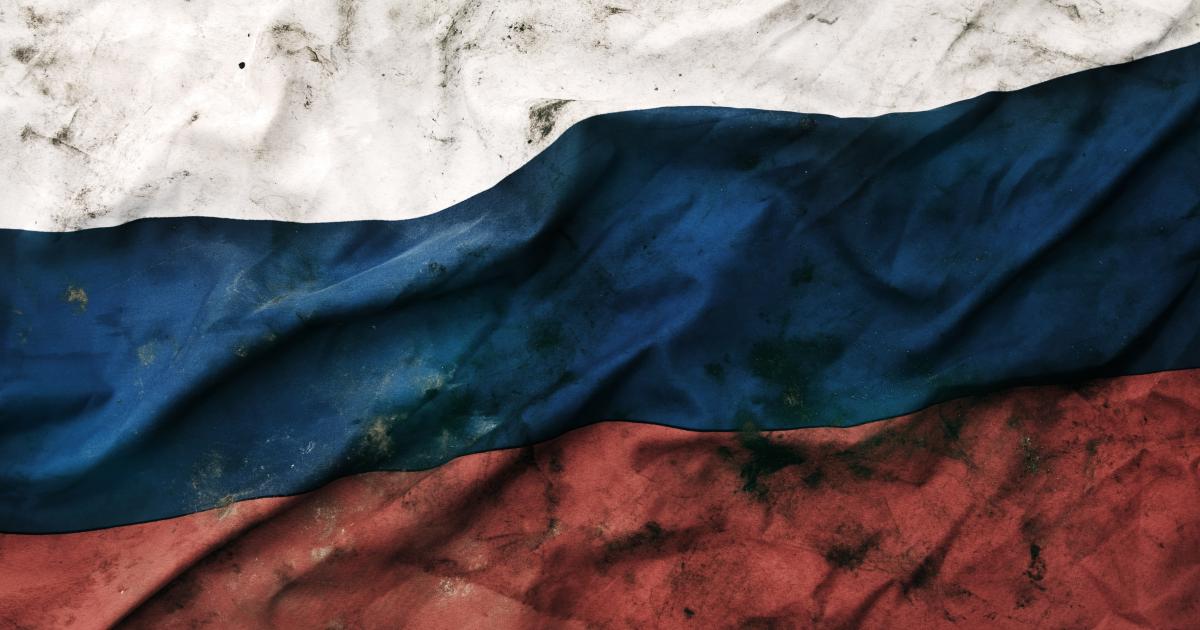In early January 2017, I had no informant whispering insider information to me about the so-called Steele dossier, which had just burst into the headlines. I did not know that Hillary Clinton’s campaign had paid for this “report” or that its “highly placed sources” were anything but. Instead, I relied on smell tests, based on my half century of study and experience regarding Russia and the Soviet Union, to judge that this piece of anti-Trump opposition research was grotesque nonsense.
The thirty-five-page Steele dossier was published by now-defunct BuzzFeed News on January 10, appearing alongside site mainstays such as “funny dogs” and “marriage to one’s brother.” I began debunking it three days later, in a Forbes article still available online.
In this, my update of sorts, I reprise a few examples of the dossier’s wackier claims that first caught my eye in early 2017, before Donald Trump’s first inauguration. These examples disabused me of any concerns that the president-elect was indeed Vladimir Putin’s puppet. The acts and events described in Christopher Steele’s report made no sense in Putin’s Russia (or Washington politics) in the 2016–7 time frame, and I was puzzled by how such palpable nonsense could have such an impact on US politics (even to the present day; nor is there an end in sight).
The dossier’s most steadfast promoters still argue that if its claims are not proven false, they could still be true! If this is the standard, someone should knock on Putin’s Kremlin office door and ask to talk to the dossier’s sources. I doubt that would work.
Thriller with an absurd plot
Two weeks before Trump took his first oath of office, incoming Senate Minority Leader Chuck Schumer (D-NY) said Trump is “being really dumb” by taking on the intelligence community on the question of Russian election interference. “Let me tell you, you take on the intelligence community, they have six ways from Sunday at getting back at you,” he remarked.
Schumer’s warning was prophetic. As the president-elect continued to feud with the intelligence community, the sensational intelligence dossier began circulating in government and media circles. Rumor had it that this dossier charged that Trump was a Putin asset. It was to be a factor in the FBI’s opening of an investigation of the Trump campaign team called Crossfire Hurricane. If the Steele dossier were true, American voters would have just elected a Russian agent to the White House. Even the most imaginative thriller could not come up with such a plot, although The Manchurian Candidate came close.
If US intelligence agencies had truly taken the dossier seriously, they would have thrown all their resources into checking its veracity—preferably before Trump was sworn in. They would have extradited Steele to Washington and interrogated him until he came clean about his sources. However, urgency did not seem to be the order of the day. As reported by the BBC, Steele had gone into hiding; fortunately, a neighbor was looking after his cats. Apparently, the CIA couldn’t find an ex-spy circulating information that the US president was a Russian agent.
The dossier was not off to a propitious start. BuzzFeed News published it only after the report was rejected by more reputable publications. My article “The Trump Dossier Is Fake—and Here Are the Reasons Why” appeared promptly in Forbes Opinion and was picked up by the Kyiv Post the same day, attracting a considerable readership. I followed with articles that continued to challenge the dossier’s veracity as more evidence came in, such as its financing by Hillary Clinton’s campaign team.
What about that smell test? The dossier claims that its sources occupy among the highest positions in the Russian government. They appear to know all the ins and outs within Putin’s fortress Kremlin. It claims to have secrets from anonymous “trusted compatriots,” “knowledgeable sources,” “former intelligence officers,” and “ministry of foreign affairs officials.” It gives a fly-on-the-wall account of just about every conceivable Trump Russian connection as it recounts imaginative tales of prostitutes, bribes, squabbles in Putin’s inner circle, and who controls the dossier on Hillary Clinton. Steele clearly was attempting to sell his dossier on the strength of his “sources,” about whom we (and Steele himself, we find out) knew little or nothing. We would later learn that a few unconnected colleagues had dreamed up some of the tall tales of the dossier over beer in a Washington restaurant.
Steele’s exaggerations worked against him, to put it mildly. As explained by a respected Russian liberal commentator (Yulia Latynina) writing for the edification of a Western audience in the respected Novaya Gazeta: “After all, ‘sources’ of this kind in Russia . . . have their own palaces, yachts, private jets. It is not entirely clear why these corrupt billionaires . . . should reveal top secrets” to informants paid by Steele, “who himself had not visited Russia for thirteen years.”
Later I would learn that Steele’s budget for the dossier was $168,000. Steele would have been offering mere pocket change to his trusted millionaires and billionaires to spill their guts to a petty operative in Steele’s hire—all within earshot of the ruthless Russian president.
That’s incredible
The dossier encountered the greatest resistance not from heads of intelligence agencies but from career intelligence experts upset by the violation of the first rule of their tradecraft: know your sources.
It spins the unlikely tale of a five-year courtship of Trump, during which Russian operatives offered him lucrative real estate deals that he rejects but opens himself up to a salacious form of blackmail. The Federal Security Service (FSB) purportedly figured that their standard accusation of pedophilia would not work against Trump. Instead, they were said to have organized sexual escapades of Trump cavorting with Russian prostitutes in Moscow’s Ritz-Carlton. Readers were apparently supposed to believe that Trump was unaware such luxury suites were managed by the FSB.
This lurid story made no sense, from two angles. In 2011, when the courtship of Trump purportedly began, Trump was a TV personality and beauty-pageant producer. Who would have anticipated that the impresario of “you’re fired!” fame would one day become a viable presidential candidate and the target of Russian intelligence? Also, even Trump’s enemies do not characterize him as stupid. He would surely have known not to engage with prostitutes in a luxury suite with FSB surveillance cameras positioned to capture the finest details.
The dossier also claims that Igor Sechin, Putin’s street-fighter ally and CEO of energy giant Rosneft, offered Trump an incredible deal/bribe in a “secret” Moscow meeting with Trump’s appointed “foreign policy adviser,” the unfortunate Carter Page. The date of the secret meeting was said to be July 7, 2016.
Here is the dossier’s account of how the deal was supposed to have gone down:
Speaking to a trusted compatriot in mid-October 2015, a close associate of Rosneft president and Putin ally Igor Sechin elaborated on the reported secret meeting between the latter and Carter Page, of US Republican presidential candidate’s foreign policy team, in Moscow in July 2016. . . . The Rosneft president was so keen to lift personal and corporate Western sanctions imposed on the company that he offered Page associates the brokerage of up to a 19 percent (privatized) stake in Rosneft. In return Page had expressed interest and confirmed that were Trump elected US president, then sanctions on Russia would be lifted.
Such a bribe would have been colossal, and all in return for a vague deal if—a huge “if”—Trump were elected. Rosneft, as a public company, would somehow have to conceal that the US president was a party to this massive windfall. This remarkable secret-of-secrets seems to have been bandied about to a Steele “trusted compatriot” and a senior member of Sechin’s staff, and disclosed by Sechin himself.
I guess there are a lot of loose lips in Rosneft offices.
“Foreign policy adviser” Carter Page was an odd choice of middleman. He testified under oath that he had never met Sechin or Trump (the latter outside of campaign events). Page was regarded as a political nonentity, a common Trump campaign hustler who puffed up his credentials with claims of being Trump’s energy adviser. In fact, the Trump campaign had to order Page not to claim to speak on behalf of the campaign.
As for the other claims in the dossier, not one of significance has been proven correct, and others have been discredited.
As veteran political analyst and pollster Mark Penn noted: “It was obvious from day 1 by simply reading the Steele dossier that it was a poorly constructed hoax with obvious falsehoods and yet the media treated this disinformation as real.”
Truthiness
After the BuzzFeed News story came out, anti-Trump forces waited for Steele’s account of treachery to be proven true. To them, the dossier was not a sideshow but a “roadmap” to Trump’s purported treason. But as time passed without confirmation of the dossier’s charges, the tone changed. According to a leak from the Obama camp reported by Penn, the dossier was to be used to sabotage (“rip it all down”) the upcoming Trump presidency.
Instead of focusing on collusion, the discussion turned to whether Putin favored (and helped) Trump or Clinton in the 2016 election. The Democratic position was that Putin favored Trump and did what he could to elect him. The dossier was deployed for relatively modest tasks, such as supporting a FISA court wiretap of Carter Page. After CIA veterans withheld support from the “Putin favoring Trump” narrative, an intelligence community assessment (ICA) demoted the dossier to an appendix to the secret ICA report.
Which candidate Putin preferred was a minor issue in a billion-dollar election. What counted instead was creating from the dossier a steady drumbeat: Trump was a Putin agent, a pervert, a fraudster, among other sins. Even before the complete dossier was published, it was Washinton’s worst-kept secret as journalists, members of Congress, commentators, and “influencers” prompted voters to reject candidate Trump as a Manchurian candidate. That two influential senators from opposite sides of the aisle were promoting the dossier clearly did Trump no favors with voters.
According to Washington pollster Mark Penn, some 40 percent of 2016 voters had concluded by Election Day that Trump was a Russian spy. If so, the drumbeat of Trump treachery likely cost Trump the popular vote. In that case, the $168,000 spent on the Steele document was money well spent.
The truth is still out there
Myriad Russiagate investigations now under way by the Trump administration have revived interest in the Steele dossier. Almost daily, Americans are confronted with newly declassified documents. Congressional committees invite whistleblowers to testify. Rumors of forthcoming indictments evoke complaints that targets have to “lawyer up.” Instead of enhanced clarity about Russiagate, our heads spin from information overload. Democratic politicians, reporters, and commentators brush off the dossier’s discredited revelations as “old news.”
From the other side, there come charges that Russiagate is the biggest political scandal in history, and that those who managed it should not be allowed to walk free.
If nothing else, the whole debacle again proves the value of profound skepticism about political news—and the value of the smell test.







